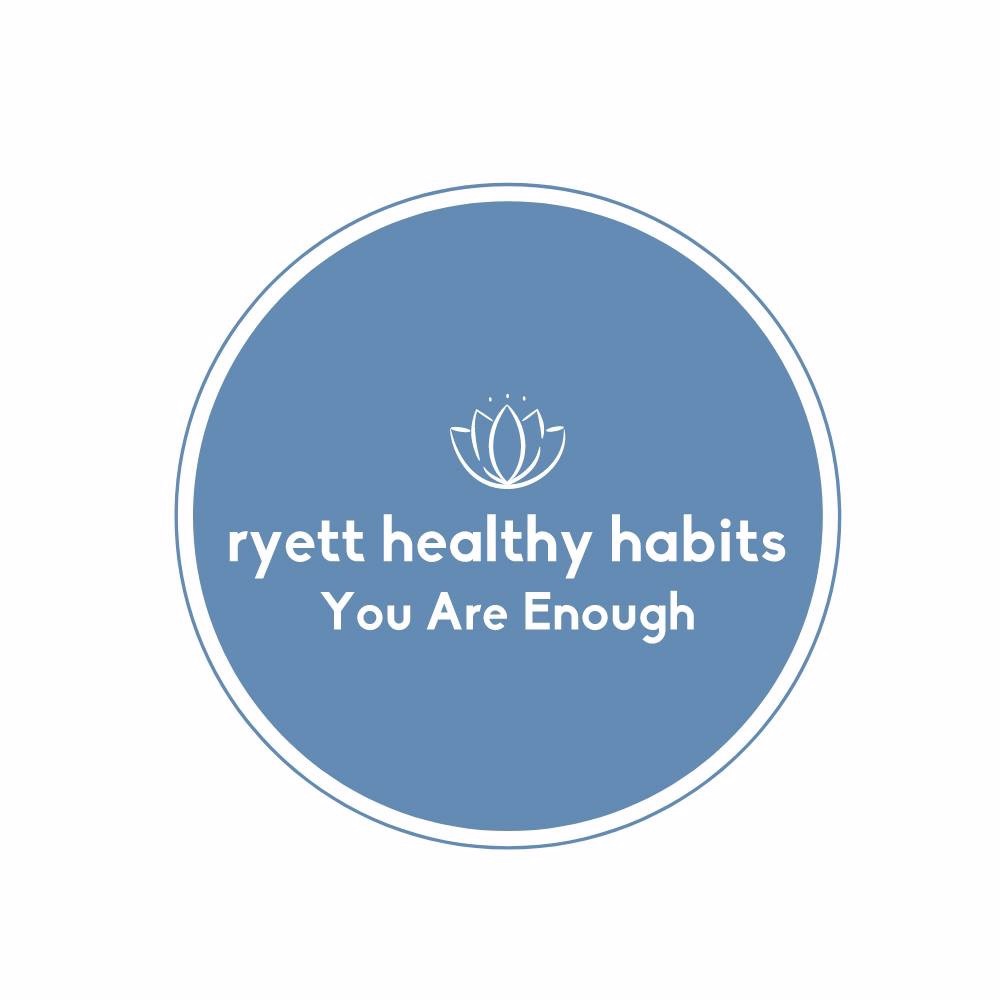Nutrition and Sport (training) go hand in hand. To get the best out of our bodies we really need to look after it.
If you want to know how to do this, here are my top 10 Sport Nutrition tips.
1. Recovery Nutrition is vital. Always eat a meal / snack within 30 minutes of finishing all exercise/sport. This is the best time of the day to include carbohydrate in a meal, be it fruit, vegetable or starchy carb.
2. Should you eat before exercise? This depends on how long you are training for. If you are training first thing in the morning its ok to train on empty stomach for up to 75 minutes or so. IF you feel ok to do it, otherwise have a small snack like a banana or some medjool dates.
3. Hydration. Know you sweat rate for both Summer and Winter so that you properly hydrate yourself. You should be replacing fluids lost from exercise plus your 1.5 litres of regular fluids.
4. How much protein should you be eating? This depends on what sports and how many hours a day/week you are training. The average athlete will need between 1.2-1.8 grams x bodyweight in KG per day.
5. Post endurance training your meal/snack should be in the ratio of 4:1 or 3:1 carb:protein.
6. How much carb per day should you be having? That’s the million dollar question these days. Depends on goals, type of exercise/sport and so much more. You could need anywhere from 2-10 grams x kg (weight) per day. See below for more details ratios.
7. Not eating after training will compromise glucogen replacement (carb stores) plus will leave your immune system more open to issues.
Post exercise goals
· Change the body from a catabolic state to an anabolic state
· Replace glycogen stores
· Repair damaged tissue and build muscle
· Support immune function
· Replace fluid and electrolyte losses
7. How much sleep? 8 hours (7.5 at the least). Not getting adequate sleep is a huge issue for many athletes/people that wake up early. Trust me, your training, your brain function and your moods will all benefit as will your waist-line!
8. On days that you don’t train you need to eat less. Many people make the mistake of not changing their food intake for days of less or more training.
9. What are my favourite supplements for athletes? This is VERY individual, depending on gender, sport, volume of training and goals. If I could only give people just one supplement it would be a probiotic!
10. Real food rather than packets and processed food will take you so much further. Try to find time for meal prep on the weekends in order to be ready for the week ahead. Get some great recipes and get inspired to do your sports nutrition right!
Protein Requirements
Protein
Derived from Greek word meaning 'of prime importance’
RDA for protein is .75 - .8 grams / kg / day (quite low) .8 x 65kg=49.6g per day
Deficiency = impaired performance
Needs for athletes should be based on:
Body weight
Plus the amount and type of sport
Current data suggest that dietary protein intake necessary to support metabolic adaptation, repair, remodeling, and for protein turnover generally ranges from 1.2 to 2.0 g/kg/d. (Thomas, Erdman, Burke, 2016) 1.2 x 65kg = 78g per day
How much Protein is in:
100g Grilled chicken has 29g protein
1 medium egg 6.4g
3 tbsp pepitas – 6g
1 tbsp peanut butt
er -6.8g
1 cup quinoa – 8.1g1 Banana – 1.3g
Carbohydrate intake for physical activity
Activity level Grams / kg / day
30-60 minutes/day, 3-4 times/wk = 3-5g 5 x 65kg = 325g
5-7 hours / week = 4-6g
Moderate to high intensity, 2-3 hours/day, 5-6 times/wk = 5-8g
High volume, intense exercise, 3-6 hours/day, 1-2 sessions day, 5-6 times /wk = 8-10g
How much Carbohydrates is in:
1 slice of bread (1 serving) 15g
1 Banana - 23g
3/4 cup dry cereal – 15g
1 cup pasta/rice – 45g
1 small piece of fruit 15g
1 cup milk – 12g
2 cookies – 15g
½ cup ice-cream – 15g
Whole English muffin – 30g
1 1/2 cups veggies (beans, broccoli, carrots cooked) -15g
1 potato – 30g
Fats during exercise
In the early stages, fats in the blood are used first.
During prolonged exercise (aerobic), fats represent the major source of fuel for energy production (40+ minutes).
Exercise activates hormones that stimulate stored fats to be mobilised and burned in the muscles as fuel.
Fat burning differences
Genetics
Highly trained athletes (especially endurance) will burn fat at a higher % intensity
High fat diets allow for fat burning at a higher intensity (fat adapted athletes)
Sympathetic nervous system activity decreases the % of fat burning and increases the carbohydrate %.
Fats
Total Calorie per day - 35%= X then X/9 grams fat = total fat intake (sedentary) 1500 -35% = 525 or 525 / 9 = 58g per day
1700- 35% = 595 calories
595 / 9 = 66g per day
How much fat is in:
1 Avocado – 23g
1 cup nuts – 45g (usually would eat a ¼ per day)
2 tbsp nut butter – 16g
1 tbsp Olive oil – 14g
1 egg – 5g
1 cup full fat milk – 8g
100g Salmon – 13g
100g Beef – 15g
100g Chicken 3g
1 Big Mac – 15g (also not advocating this - demonstration purposes only)
Please Note: Total daily calories are used as examples only.

